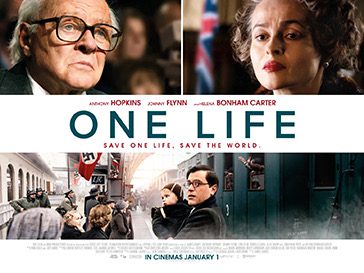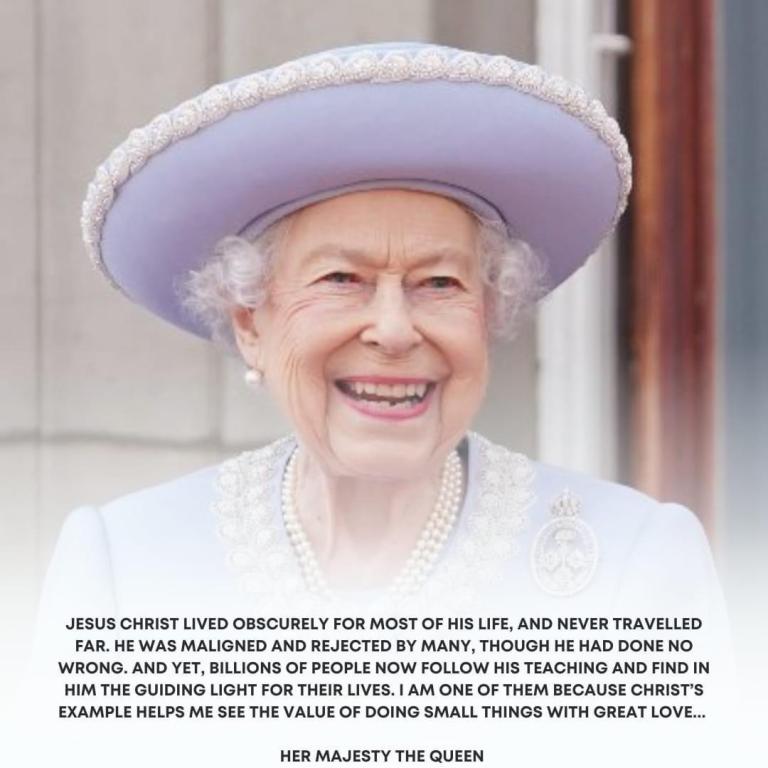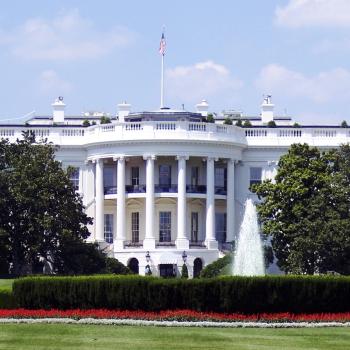This inspiring film demonstrates the difference one life can make to our World.
The latest film stating Anthony Hopkins as Sir Nicholas ‘Nicky’ Winton ought to have a profound effect on you. I can’t remember the last time a movie moved me to tears as much as this one. The movie flips between his anguish as an old man that he couldn’t save more children and back to his activities just before the start of World War 2. He personally rescued 669 predominantly Jewish children from the Nazis in Prague. Once the war started and the trains stoped, the nazis took 15,000 children from Czechoslovakia into camps. Less than 150 survived.
The film also covers one of the most remarkable pieces of TV ever filmed when in 1988 The BBC’s Esther Rantzen reintroduced Sir Nicholas to a number of people he saved as a child. You can watch the original footage in the BBC archives.

But there’s a certain irony in me writing this article. Many of us today we will get outraged about terrible situations across the world. We may even decide to write about it. But tweeting (are we meant to call it x-ing now?), facebooking, or blogging alone makes little to no difference.
What will you and I actually do to change this world for the better?
Why are so many who say they are Christians today known for being antagonistic towards refugees or indeed other needy people?
Christians are known for being “pro-life” or anti abortion. The arguments used to support this viewpoint are that every human being is made in the image of God and therefore has inherent value and should be protected even if they are helpless and can’t return our help. But somehow this isn’t always applied to people once they are born.
Many Christians are right wing and seem to believe that Individuals should somehow look after themselves even when they clearly can’t. Free healthcare for all is seen as a communist threat by many evangelicals in America whilst the rest of the developed world look on aghast at the thought of people not being able of afford life saving medicine. And of course when we are talking about refugees which is the subject of the One Life film, even less sympathy is felt towards them by many of us.
Why is there so much hostility towards those who are escaping war and other forms of persecution today? As Christians we should value everyone.
Many Christians today have rejected the centrality of reaching out to promote social justice. Their concern is that if we focus too much on caring for the poor and oppressed then we risk making that our main aim and hence deny the Gospel. According to this view the emphasis of the church should be solely on preaching about individuals getting right with God. This view of the Gospel becomes so wedded to Western Individualism, that many claim Christians should not overly concern themselves with the suffering of the poor and oppressed.
If we do find a poor and needy person and teach them to follow Jesus, so the argument goes, then they will be lifted out of their poverty as a natural byproduct. Though few would go so far as to say this explicitly, there is an implicit assumption that poverty and its associated suffering is caused almost entirely by the victims own sin. In fact some would be uncomfortable even with calling the poor and oppressed victims at all, out of fear that would lead to the poor seeing themselves solely as the sinned against, rather than a sinner themselves.
How can we look a hungry man or woman in the eye and say “God loves you” but not feed them as a demonstration of this?
But there has always been a differing view among many godly evangelicals. According to this view the gospel itself is an announcement of social justice. It is the declaration that the Righteous ruler of the universe has seen the suffering of this world and has entered into it to put things right. According to this view demonstrating the love and justice of God requires us to see the needs of the suffering and alleviate them, demonstrating the love of God in practical ways.
How can we claim that we are proclaiming the love of God without putting that love into action?
When JESUS announced HIS gospel it was all about social justice:
He unrolled the scroll and found the place where it was written,
“The Spirit of the Lord is upon me,
because he has anointed me
to proclaim good news to the poor.
He has sent me to proclaim liberty to the captives
and recovering of sight to the blind,
to set at liberty those who are oppressed,
to proclaim the year of the Lord’s favor.”And he rolled up the scroll and gave it back to the attendant and fsat down. And the eyes of all in the synagogue were fixed on him. And he began to say to them, “Today this Scripture ihas been fulfilled in your hearing.” (Luke 4:17-21)
Jesus was the child of a single mother (although Mary did marry Joseph after his birth).
He came to a relatively poor obscure village.
He gathered to himself manual workers, not the educated elite. None of the twelve had a theological decree between them.
Tax collectors, Samaritans, women, and even a prostitute were welcomed by him.
Jesus’ enemies were the kinds of religious scholars that today would be so embarrassed to read those words that they would try and over-spitualise them and explain away the notion that Jesus came to set things right for the oppressed. Jesus warns us that how we treat those who are less fortunate than ourselves will be part of his criteria for the final judgement of the world:
“When the Son of Man comes in his glory, and all the angels with him, then he will sit on his glorious throne . . . Then the King will say to those on his right, ‘Come, you who are blessed by my Father, inherit the kingdom prepared for you from the foundation of the world.35 For I was hungry and you gave me food, I was thirsty and you gave me drink, I was a stranger and you welcomed me, 36 I was naked and you clothed me, I was sick and you visited me, I was in prison and you came to me.’ 37 Then the righteous will answer him, saying, ‘Lord, when did we see you hungry and feed you, or thirsty and give you drink? 38 And when did we see you a stranger and welcome you, or naked and clothe you? 39 And when did we see you sick or in prison and visit you?’ 40 And the King will answer them, ‘Truly, I say to you, as you did it to one of the least of these my brothers, you did it to me.’
41 “Then he will say to those on his left, ‘Depart from me, you cursed, into the eternal fire prepared for the devil and his angels. 42 For I was hungry and you gave me no food, I was thirsty and you gave me no drink, 43 I was a stranger and you did not welcome me, naked and you did not clothe me, sick and in prison and you did not visit me.’44 Then they also will answer, saying, ‘Lord, when did we see you hungry or thirsty or a stranger or naked or sick or in prison, and did not minister to you?’ 45 Then he will answer them, saying, ‘Truly, I say to you, as you did not do it to one of the least of these, you did not do it to me.’ 46 And these will go away into eternal punishment, but the righteous into eternal life.” (Matthew 25:31-46)
Throughout church history many Christians have been known for ACTION on behalf of the poor, needy, and sick. We have a glorious history of feeding the hungry, most recently through food banks, establishing hospitals, the hospice movement, early AIDS charities, debt advice, addiction counselling, and a myriad of other things. Why would we want to leave all that behind us?
Read more about Jesus’s gospel of Social Justice.
Compassion Fatigue
There is another reason why we do not reach out and make a difference in this world. It is easy to think that so many are suffering that there is nothing any of us can do to really make a difference. We find ourselves lacking in compassion because there is so much suffering in the world that it feels overwhelming and even if we want to make a difference we do not know where to start.
This sense of helplessness and being overwhelmed stops us from even starting to do anything. But I am sure Sir Nicky didn’t start out wanting to save so many kids, rather he wanted to do whatever he could to help the kids he was meeting. If he had only saved one child that is still one person made in the image of God that he had helped.
The question we should be asking ourselves is whoo has God put right in front of us today that we can make a difference to? Even if it a small step like smiling at someone who looks depressed or stopping and talking to a homeless person to see how we could help them connect to the help they need.
Queen Elizabeth who after her death is often described as “the Great” was actually an advocate for this idea of helping individuals, as she put it “doing small things with great love”
Even those who want to help others often feel compassion fatigue. The Human body is not meant to carry the burdens of the whole world. One of the effects of the pandemic, the Ukraine war, and the conflict in Gaza and Israel has been to numb us to the fate of others. This leads to a lack of compassion towards others and many now find it difficult to either watch the news or even talk with others about their own personal problems. We find it difficult to then obey what is fast becoming one of my favourite passages in the whole Bible:
Share each other’s burdens, and in this way obey the law of Christ. If you think you are too important to help someone, you are only fooling yourself. You are not that important. (Gal 6:2-3, NLT)
When done right, sharing someone else’s burdens will often include them sharing your burdens too. Unfortunately the NIV and the ESV both translate a word in a way which we can then critically get wrong in this passage. They encourage us to do something I do not believe Jesus ever intended us to “BEAR” or “CARRY” other peoples burdens. There is a world of difference between the two ideas.
The Greek word means “to endure something unpleasant or difficult whether on one’s own behalf or on behalf of someone else.” (Logos Bible Software Factbook). I read into that a sense of taking on the problem but not so fully that you are now the one carrying it alone and the original person with the problem is absolved of all responsibility for it. So the image we should think of is of being yoked together in the sense that we are saying “We are in this together, you are not alone, but I will help YOU carry this, I will help YOU figure out what to do about this.”
Read more about how to bear other peoples burdens without carrying them.
So what is the solution? It is to recognise that we cannot save the world, and there will always be people we can’t help. But the solution is NOT to decide to do nothing to help anyone as a result. Too many are becoming even more individualistic since COVID and war filled our news channels. The correct solution is to look for the small steps that we can do to make a difference, perhaps just with one or two people God puts across our path. Sometimes those small things will lead you to start something a bit bigger like it did for Sir Nicky, but actually if you remember that whatever you do for the lowest most neediest person you are actually doing it for Christ, then you will approach each encounter with the attitude that your own life can make a huge difference.
“One day a man was walking along the beach when he noticed boy picking up and gently throwing things into the ocean.
Approaching the boy he asked, “Young man, what are you doing?”
“Throwing starfish back into the ocean. The surf is up, and the tide is going out. If I don’t throw them back, they’ll die,” the boy replied.
The man laughed to himself and said, “Do you realize there are miles of miles of beach and hundreds of starfish? You can’t make any difference.”
After listening politely, the boy bent down to pick up another starfish and threw it into the surf. Then, he smiled at the man and said, “I made a difference to that one.”
Learn More
Compassion fatigue, the Saviour complex, and Benevolent detachment















